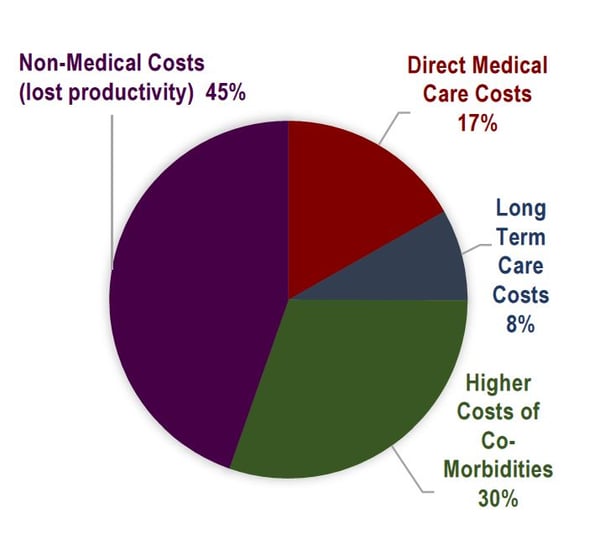In previous bulletins, we have referenced the mental health crisis unfolding alongside the Coronavirus pandemic. In the current bulletin, we provide some updated statistics and circle back to the importance of providing an employee assistance program or similar support system to help your teams through this difficult period of time.
A Kaiser Family Foundation tracking poll conducted in mid-July to assess the implication of COVID-19 on mental health and substance abuse in adults confirmed many significant, negative impacts to mental health, including 36% of adults having difficulty sleeping and 32% having difficulty eating.1 The CDC has reported that without schools reopening, 67% of parents with minor children worry about their children falling behind socially and emotionally in addition to academically.2
Here are a few statistics shared by the Kaiser Family Foundation and CDC reports:
- 53% reported a negative impact to their mental health due to the pandemic. This is an increase from 32% reported in March 2020.
- 12% reported worsening chronic conditions due to worry and stress related to the pandemic.
- Sheltering in place rules impacted mental health differently. Sheltering in place: 47% reported negative mental health impacts. Not sheltering in place: 37% reported negative mental health impacts. Women and minor children are more likely to report major mental health impacts due to sheltering in place.
- 12% reported increases in alcohol consumption or substance abuse.
- Mental health related ED visits for minors increased during March to October 2020 when compared to the same period in 2019: 24% increase in children ages 5-11 and 31% increase in adolescents ages 12-17.
Previously we had shared some data from the National Alliance of Healthcare Purchasers showing how mental health can impact health care costs, especially for those with chronic diseases.3 The medical costs of a person with both a chronic disease and behavioral health co-morbidity can be 9.4 times higher than a person without. With the significant negative impact that the pandemic has had on mental health in addition to people reporting they fear their chronic conditions have worsened due to pandemic-related stress, downstream increases to health plan costs are likely.

Encouraging employees and their families to seek the help they need to manage their mental health or chronic conditions could be beneficial for both the company’s health plan costs and productivity. Selecting a robust Employee Assistance Program or helping employees engage with a current program could be a good strategy to keep employees well both mentally and physically.
Sources:
1. https://www.kff.org/coronavirus-covid-19/issue-brief/the-implications-of-covid-19-for-mental-health-and-substance-use/
2. https://www.cdc.gov/mmwr/volumes/69/wr/mm6945a3.htm
3. National Alliance of Healthcare Purchasers Coalition – May 14, 2020 Town Hall
COMMENTS